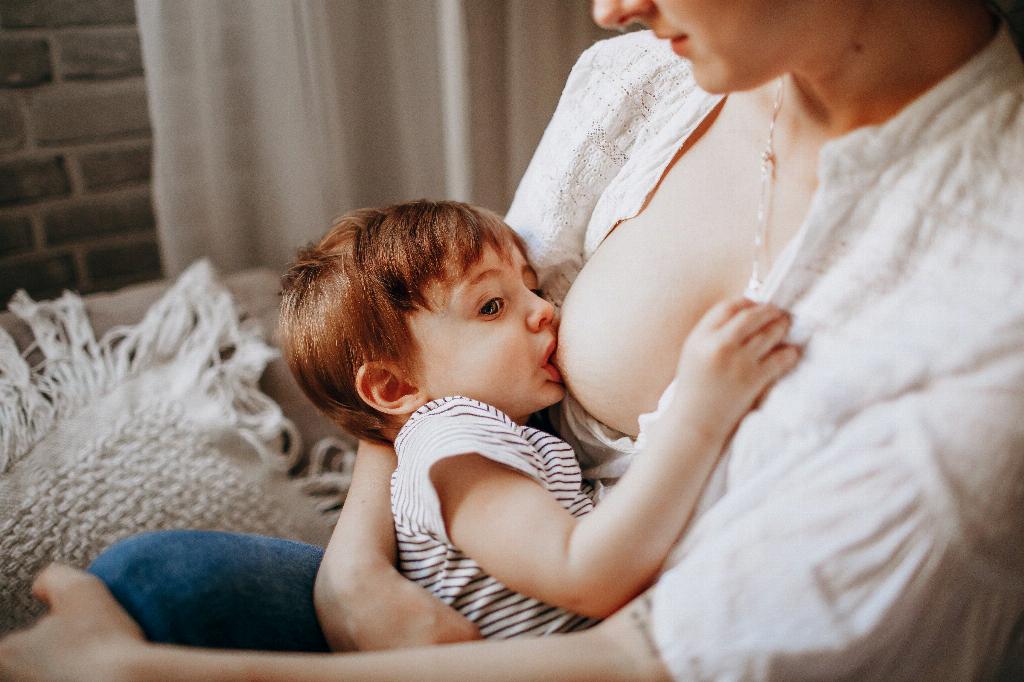Dealing with a nipple infection can be a challenging and uncomfortable experience for many individuals. Whether you are a new mother experiencing mastitis or someone with a fungal or bacterial infection, the question of whether a nipple infection can resolve on its own may arise. Let’s delve into this topic and explore the possibilities.
1. Types of Nipple Infections
Nipple infections can vary in type and severity. Mastitis, a common condition in breastfeeding mothers, typically involves inflammation of breast tissue and can be accompanied by flu-like symptoms. On the other hand, fungal or bacterial infections can result from improper hygiene or damaged skin around the nipple area.
2. Signs and Symptoms
Recognizing the signs of a nipple infection is crucial for seeking appropriate treatment. Symptoms may include redness, swelling, pain, itching, and discharge from the affected nipple. In some cases, individuals may also experience fever and chills.
3. Factors Influencing Recovery
Whether a nipple infection can go away on its own may depend on various factors, such as the severity of the infection, individual immune response, and underlying health conditions. In some instances, mild infections may resolve without intervention, while more severe cases may require medical treatment.
4. Breastfeeding and Mastitis
For breastfeeding mothers with mastitis, the infection may improve with frequent breastfeeding on the affected side. Emptying the breast regularly can help reduce inflammation and alleviate symptoms. Additionally, ensuring proper latch and positioning during nursing can promote healing.
5. Fungal and Bacterial Infections
In the case of fungal or bacterial nipple infections, self-care measures such as keeping the affected area clean and dry may aid in recovery. However, if symptoms persist or worsen, consulting a healthcare provider for proper diagnosis and treatment is essential.
6. Importance of Seeking Medical Advice
While some nipple infections may resolve on their own, it is crucial to seek medical advice if you experience persistent or severe symptoms. Delaying treatment for a serious infection could lead to complications and prolonged discomfort.
7. Treatment Options
Depending on the type of nipple infection, treatment may involve oral or topical medications, warm compresses, and proper wound care. Healthcare providers can offer guidance on the most effective treatment approach based on the specific condition.
8. Preventive Measures
Taking preventive measures to reduce the risk of developing nipple infections is essential. Practicing good hygiene, wearing breathable clothing, and maintaining proper breastfeeding techniques can help lower the likelihood of infection.
9. Timing of Improvement
For individuals wondering if a nipple infection will go away on its own, the timing of improvement can vary. Mild infections may show signs of resolution within a few days, while more severe cases may require several weeks of treatment and care.
10. Monitoring Progress
Monitoring your symptoms and tracking changes in the affected area can provide valuable insight into the progression of a nipple infection. If you notice worsening symptoms or new concerns, it is advisable to consult a healthcare professional promptly.
11. Self-Care Practices
In addition to medical treatment, incorporating self-care practices such as rest, proper nutrition, and stress management can support the body’s healing process during a nipple infection. Prioritizing self-care can enhance overall well-being and recovery.
12. Final Thoughts
In conclusion, while some nipple infections may resolve on their own under certain circumstances, seeking medical guidance and appropriate care is crucial for ensuring prompt recovery and preventing complications. By being proactive about your health and following recommended treatment strategies, you can effectively address nipple infections and promote optimal healing.

